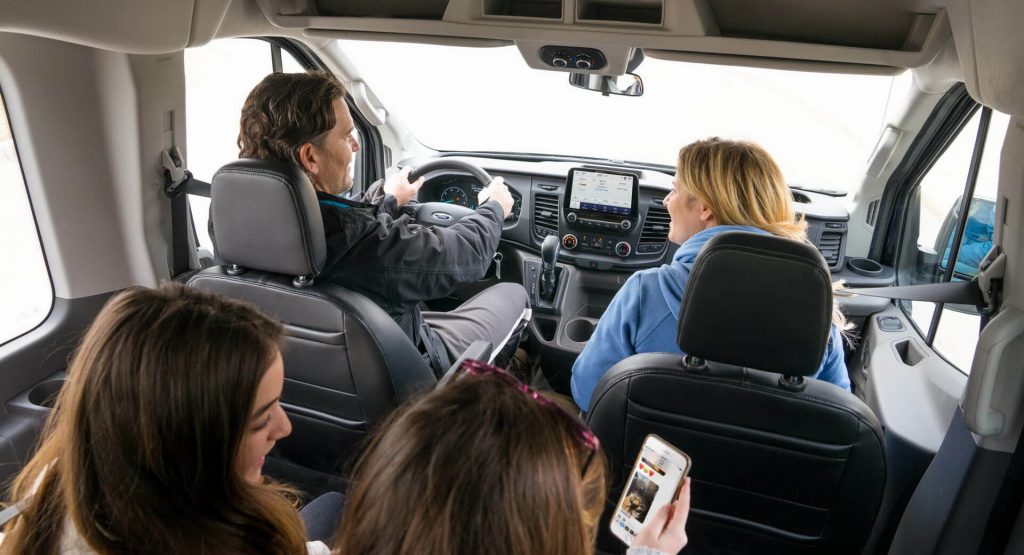If you get annoyed by your passengers giving you indications while you’re driving, then you might want to think about investing in a car that features some type of advanced driver-assist technology.
According to a recent study by Ford and sociologist Jess Carbino, as many as 68% of drivers polled believe that backseat driving behavior will go down as computers begin to take over for humans behind the wheel.
One such system that could help quiet backseat drivers is Ford’s Co-Pilot360, which featuring tech like Blind Spot Information with Cross-Traffic Alert and Pre-Collision Assist with Automatic Emergency Braking.
Also Read: Consumers Still Aren’t Sold On Autonomous And Electric Vehicles
“For a lot of drivers, constantly getting advice from passengers is more than just annoying, it’s stressful,” said Dr Carbino, best known for her work with Bumble. “The Ford Co-Pilot360 helps encourage trust during the drive and can help create a more relaxed collaborative atmosphere in the car.”
Meanwhile, Ford Co-Pilot360 engineering manager Chris Billman went on record saying that the intent of Ford’s system was never to eliminate backseat driving “but hey, if we can help in that way too, that’s great”.
The study’s findings also contradict a belief that technology inhibits human connection. For example, if backseat driving can cause tension between two people, driver-assist technology can then help drivers and passengers focus on more “enjoyable aspects of the ride, namely each other.”
While we can understand why Ford chose to make a connection between their technology and “curing” backseat driving, it’ll probably take fully autonomous vehicles for that phenomenon to disappear – and automakers, as well as legislators, still have some way to get there.




